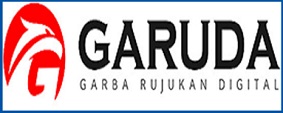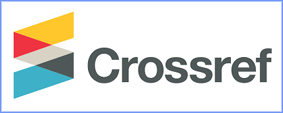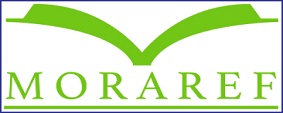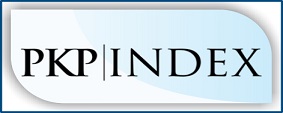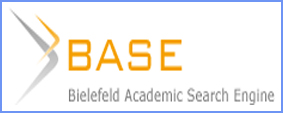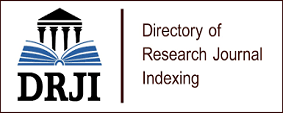Application of STEAM Approach in Improving Science Process Skills With Lesson Study Pattern in SD Unggulan Hamzanwadi
DOI:
https://doi.org/10.61277/ije.v2i1.77Keywords:
STEAM, lesson study, science process skillsAbstract
This study aims to improve SCIENCE process skills with the STEAM (Science, Technology, Engineering, Art, Mathematics) approach based on Lesson Study in grade 4 SD Unggulan Hamzanwadi. This research is a type of classroom action research based on Lesson Study with activity stages including Plan (Planning), Do (Implementation) and See (Reflection). The subjects of the lesson study activities were all students of grade 4 SD Unggulan Hamzanwadi in IPAS subjects. The data sources in this study are the results of observations of student activity during learning and documentation. The results of the study showed that: the implementation of the STEAM model based on lesson study can improve the science process skills of 4th grade students of Hamzanwadi Unggulan Elementary School from cycle 1 to cycle 2
Downloads
References
Babaci-Wilhite, Z., Babaci-Wilhite, & Liu. (2019). Promoting language and STEAM as human rights in education. Springer.
Gencoglu, B., Helms-Lorenz, M., Maulana, R., Jansen, E. P. W. A., & Gencoglu, O. (2023). Machine and expert judgments of student perceptions of teaching behavior in secondary education: Added value of topic modeling with big data. Computers & Education, 193, 104682.
Hall, T. J., & Smith, M. A. (2006). Teacher planning, instruction and refl ection: what we know about teacher cognitive processes. Quest, 58(4), 424–442.
Huang, A., Klein, M., & Beck, A. (2023). An exploration of teacher learning through reflection from a sociocultural and dialogical perspective: professional dialogue or professional monologue? Professional Development in Education, 49(2), 353–367.
Inganah, S., Darmayanti, R., & Rizki, N. (2023). Problems, solutions, and expectations: 6C integration of 21 st century education into learning mathematics. JEMS: Jurnal Edukasi Matematika Dan Sains, 11(1), 220–238.
Kamil, N., & HR, E. A. (2023). Implementation of STEAM in Preschool as a 21st-Century Learning Innovation. JOYCED: Journal of Early Childhood Education, 3(1), 54–65.
Lestari, D., Ibrahim, N., & Iriani, C. (2023). STEAM: Science, Technology, Engineering, Art, and Mathematics on History Learning in the 21st Century. Journal of Education Research and Evaluation, 7(2).
Makinae, N. (2019). The origin and development of lesson study in Japan. Theory and Practice of Lesson Study in Mathematics: An International Perspective, 169–181.
Maranan, V. M. (2017). Basic Process Skills and Attitude toward Science: Inputs to an Enhanced Students’ Cognitive Performance. Online Submission.
Motta, V. F., & Galina, S. V. R. (2023). Experiential learning in entrepreneurship education: A systematic literature review. Teaching and Teacher Education, 121, 103919.
Onu, P., Pradhan, A., & Mbohwa, C. (2023). Potential to use metaverse for future teaching and learning. Education and Information Technologies, 1–32.
Qadir, J. (2023). Engineering education in the era of ChatGPT: Promise and pitfalls of generative AI for education. 2023 IEEE Global Engineering Education Conference (EDUCON), 1–9.
Rokhman, F., Hum, M., & Syaifudin, A. (2014). Character education for golden generation 2045 (national character building for indonesian golden years). Procedia-Social and Behavioral Sciences, 141, 1161–1165.
Wong, J. T., Bui, N. N., Fields, D. T., & Hughes, B. S. (2023). A learning experience design approach to online professional development for teaching science through the arts: Evaluation of teacher content knowledge, self-efficacy and STEAM perceptions. Journal of Science Teacher Education, 34(6), 593–623.








